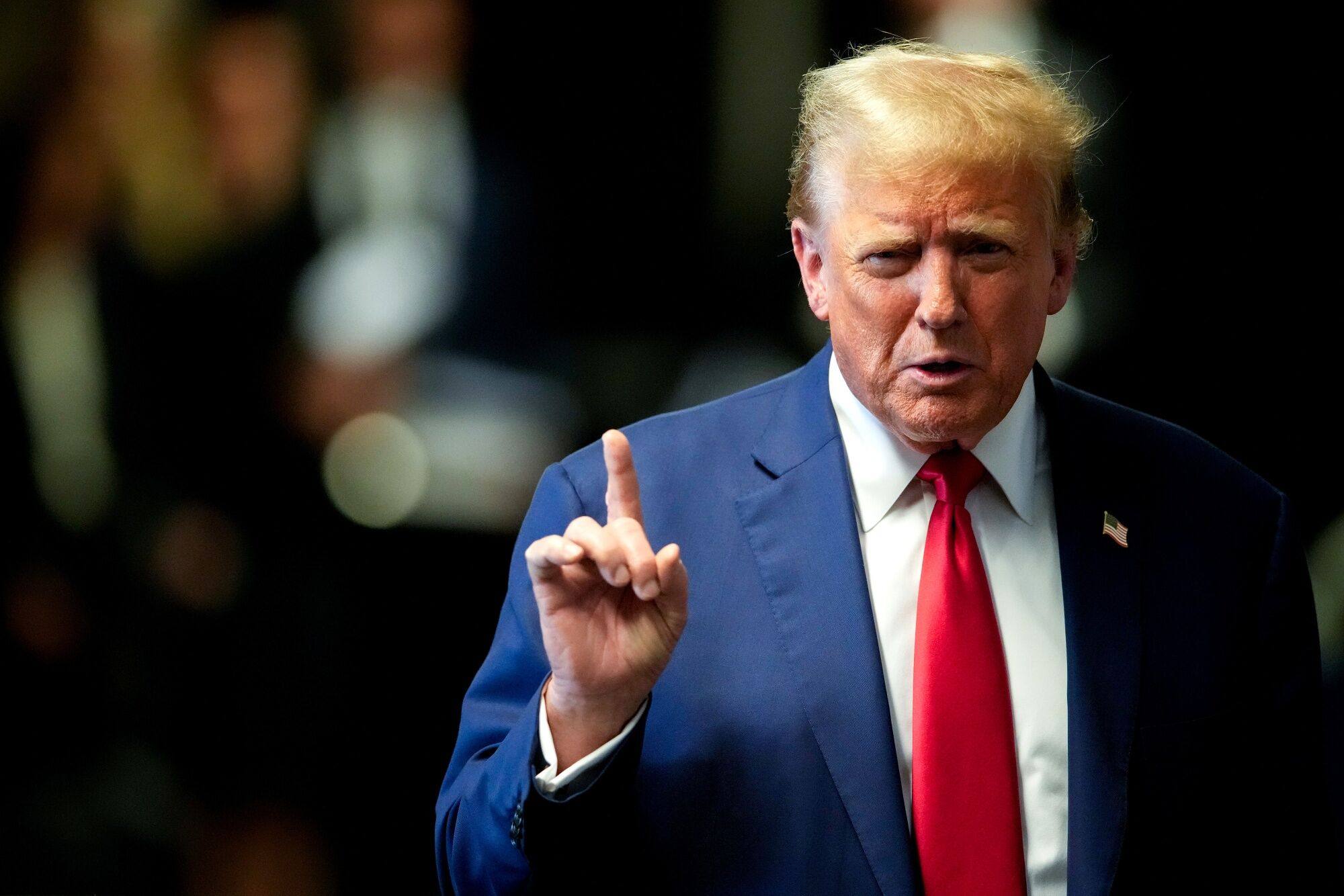
Washington think tank warns against US ‘big stick’ approach to Hong Kong and says punitive action could backfire
- Centre for Strategic and International Studies report says punishment or abandonment of city’s special status in US law could damage remaining autonomy
- Think tank report calls for a re-evaluation of Washington’s approach to Hong Kong with maintenance of engagement on several levels
A US think tank has said that a policy entirely based on punishment or abandonment of Hong Kong’s special status in American law would be counterproductive to the preservation of the city’s remaining autonomy.
It said Washington should aim for a pragmatic understanding of what would be best for its own interests and the city’s degree of autonomy, rather than concentrate on “symbolic opprobrium”.
“Washington would be wise to focus on sustaining what space remains for civic engagement, foreign interaction and political debate,” the report said.
“Such an approach will require patience and persistence, but it lies firmly within US interests.”
It added: “The view of this report’s authors is that a policy built entirely around punishments or giving up on Hong Kong would be counterproductive and result in the further undermining of whatever autonomy remains.”

The call came in the 40-page report, titled “The Erosion of Hong Kong’s Autonomy since 2020; Implications for the United States”.
The team spoke to former city officials, foreign officials, businesspeople, investors, academics and journalists.
The authors said Hong Kong’s “high degree of autonomy”, guaranteed by the Basic Law, the city’s mini-constitution, had been significantly eroded since Beijing imposed the national security law in 2020 in the wake of widespread social unrest the year before.
“Hong Kong is not yet like a regular city in mainland China, but the trajectory is clear and worrying,” the report said.
It added the city’s domestic national security law, the Safeguarding National Security Ordinance, which was passed in March, also triggered concern among city and overseas businesses with operations in Hong Kong.
But the centre said there was still a degree of resilience in Hong Kong and it was crucial to adopt the right strategy to protect what remained.
The report said it doubted the effectiveness of a “penal” approach through sanctions to punish Beijing for its encroachments on the city’s autonomy.
The strategic engagement approach should not shy away from punitive measures where appropriate, as well as public criticism of further backsliding
The authors added they also disagreed with a “resignation” strategy – the gradual removal of policy exemptions that treated Hong Kong differently from the mainland under US law.
The think tank argued that the imposition of penalties also risked pushing sanctioned city officials closer to Beijing.
It added a resignation strategy might also have the opposite effect from what was desired and accelerate the erosion of Hong Kong’s autonomy.
The report said an alternative would be to pursue strategic engagement with Hong Kong across as many areas as possible to maintain the city’s distinctive nature compared with the mainland for as long as possible.
“The strategic engagement approach should not shy away from punitive measures where appropriate, as well as public criticism of further backsliding,” the report said.
It added the maintenance of government-to-government and social exchanges would be helpful.
“From this perspective, while sanctions and other punitive measures must remain on the table, the most appropriate US strategy would be to focus on strengthening practical interactions between the United States and Hong Kong,” the authors said.
The think tank added the reinstatement of Fulbright scholarship exchanges between the US and Hong Kong would be a “valuable part” of a new approach.
The Fulbright China programme, which for more than 40 years sent American academics to the country and placed Chinese counterparts in the US, was cancelled in 2020 by an executive order from then president Donald Trump.
The move was retaliation for Beijing’s imposition of the national security law on the city and President Joe Biden has since extended the order twice.
Hong Kong in recent years has been caught in the escalation of geopolitical tensions between the US and China.
US Secretary of State Antony Blinken in March said Washington was prepared to impose new visa restrictions on Hong Kong officials ruled to be “responsible for the intensifying crackdown on rights and freedoms” after the Safeguarding National Security Ordinance came into force.
He added he would once again certify that the city would not receive the special consideration under US law that it enjoyed before its handover to China on July 1, 1997, and which remained in place for more than two decades afterwards.
Chief Executive John Lee Ka-chiu is among the Hong Kong officials who were sanctioned by Washington in 2020.

